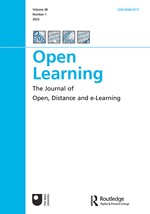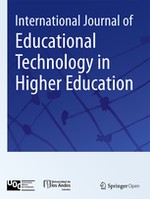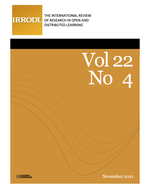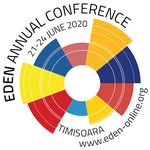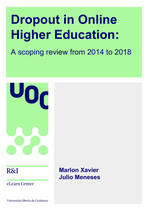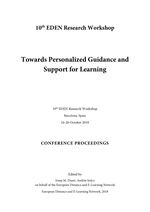Dropout, persistence and retention in online higher education: The case of the Universitat Oberta de Catalunya
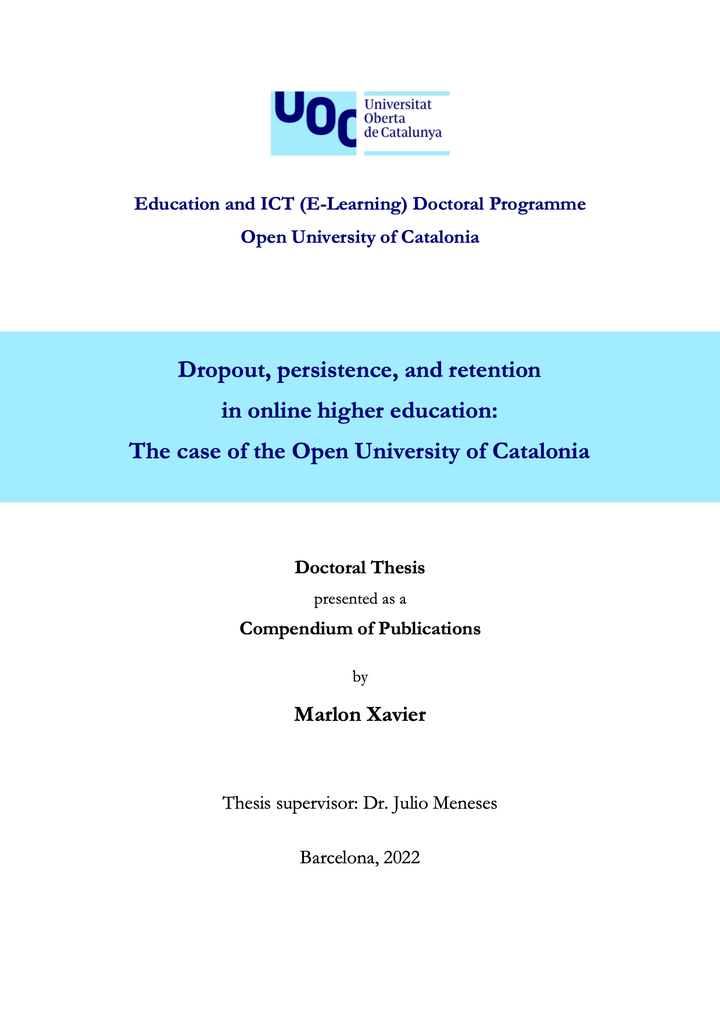
Abstract
High dropout rates in online higher education (OHE) have been a longstanding concern. The Open University of Catalonia (UOC), as a fully online open university, is a representative case of these concerns. However, the literature stresses that the reasons behind student dropout in OHE are complex, multidimensional, and not well understood. Moreover, there is a dearth of knowledge about how students experience these reasons, particularly in their first year of studies, when most dropout occurs; and how time poverty, one of the most common reasons for dropout, affects them. Addressing these gaps, this dissertation explores dropout - and related phenomena: persistence, stopout, and retention - and its risk factors and dynamics by analyzing the lived experiences of students and faculty in the UOC context, focusing on its undergraduate programs. The dissertation is presented as a compendium of six publications. Each contribution has its own aims and foci, related to the main themes of this thesis: (a) a scoping review of the literature, mapping the field of OHE dropout research and analyzing its research gaps; (b) a preliminary review on the dropout factors connected to time, advancing theoretical approaches; (c) and (d) two qualitative studies, the first with persistent students and the other with students who dropped out or stopped out, focusing on their time-challenges during their first year and their reasons for withdrawing; (e) a qualitative study with professors who are learning designers, focusing on their experiences connected to student dropout reasons and flexibility in OHE; (f) a qualitative study with persistent students addressing their profiles and their perception of useful or risky flexible measures, and presenting an institutional intervention implemented at UOC to foster persistence in the first year.
Integrating such contributions, a qualitative, exploratory-descriptive research design took the UOC as a single case study with multiple embedded cases. Participants in the empirical studies included students and professors in fully online undergraduate programs. In-depth open-ended interviews were employed and analyzed via qualitative content analysis. Lastly, a comparative, integrated discussion of all the results from subcases was performed.
Findings confirm the significance of the first-year experience for withdrawal and persistence – particularly the transition period and the first semester. Transition appears as a multifaceted adaptation process that, in addition to motivation, self-regulation, and other connected variables, chiefly requires time from students. Indeed, time-related factors were overwhelmingly perceived as the most important persistence barriers and reasons for withdrawal: time poverty and time-related conflicts, which were connected to students’ life circumstances and the struggle to balance study with work and family commitments. Nontraditional students who withdrew were the most affected by time challenges, but these were perceived as key persistence barriers even by young, traditional students. Several other student factors were linked to these main barriers: poor time management, particularly in the form of academic procrastination; low academic preparedness and lack of online academic experience; and unrealistic expectations around studyload, time/effort, and level of self-regulation, selfefficacy, and motivation demanded by OHE studies. Many secondary factors appeared connected to withdrawal, such as demotivation and dissatisfaction, course difficulty and workload, and bad enrollment choices. Persisters experienced similar time challenges, but presented distinct characteristics and dynamics in comparison with students who withdrew. Although most had good time management, a few were procrastinators and even needed to study under pressure; unrealistic expectations and misconceptions were less prevalent among them. Persisters also reported high levels of self-regulation and self-efficacy, resilience and commitment, intrinsic motivation, and satisfaction. Lastly, the pros and cons of OHE flexibility were discussed in their relations with dropout and persistence from the viewpoints of both students and professors, which generated various possible intervention measures.
Several theoretical and practical implications derived from the integrated findings are discussed, including a number of recommendations for practice and student-based interventions grounded on key tenets: to focus on the student experience; on induction and first year; and on temporal challenges. Finally, the dissertation concludes with a discussion of its limitations and an exploration of several avenues for future research.

